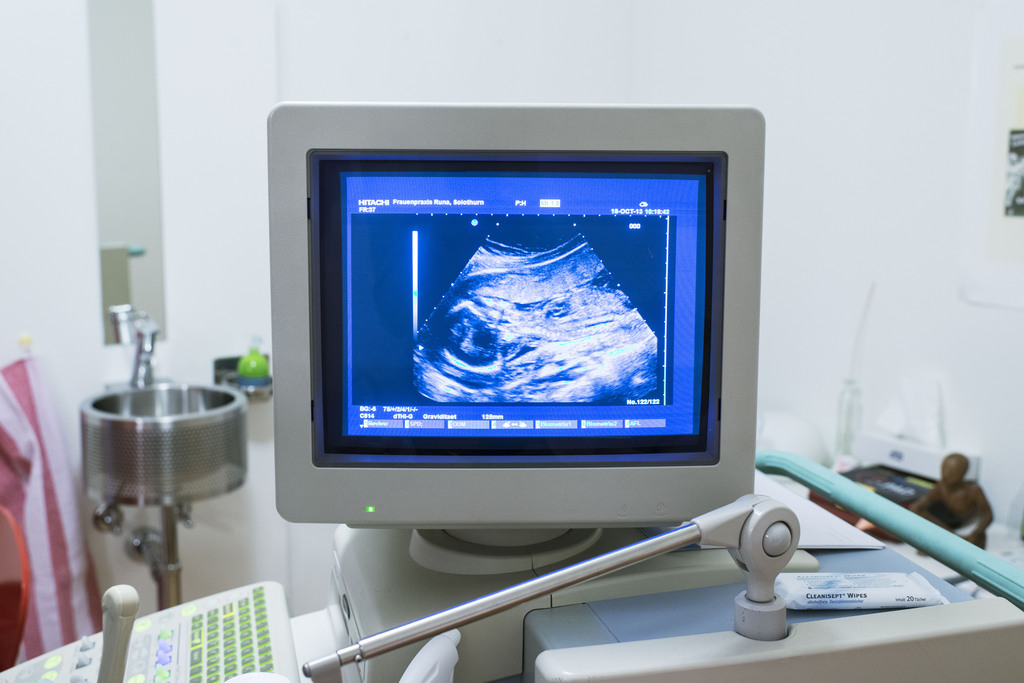A child is not a commodity, says top Swiss court

The Federal Court in Lausanne has delivered a written justification of a controversial decision it made in May, when it ruled that a child in Switzerland could not have two fathers.
Switzerland’s highest court had annulled a decision which allowed two men in a registered partnership to both be considered the father of a child born in 2011 via assisted reproduction.
The child was born in California to a surrogate mother through artificial insemination. The sperm of one of the men and the egg of an anonymous donor were used.
A US court decision had validated the parental link between the child and the two men from canton St Gallen, who entered into a registered partnership two months before the child was born. Last year the St Gallen cantonal administrative court had confirmed the US decision.
However, the Swiss justice office, which had appealed, had stated that only the genetic link between the child and the father who gave his sperm may be legally recognised. The Federal Court in May confirmed this position, stating that the paternity of the father who has no biological link to the child was unlawful. The name of the biological father would remain written in the civil register.
‘Reproductive tourism’
On Wednesday, the Federal Court expanded on its decision, saying “a child must be protected from being downgraded to a commodity which can be ordered from a third party”.
It said surrogate mothers also needed to be protected from the commercialisation of their bodies. “According to Swiss civil law, a pregnant woman cannot actively abandon her rights regarding the child before it is born” it said.
The court pointed out that the constitution and the law on reproduction bans any form of surrogacy – irrespective of marital status.
Therefore a foreign court’s decision on paternity cannot be recognised in Switzerland since it would be “plainly incompatible” with Swiss legal and ethical values.
“The two men consciously bypassed the Swiss legal system,” the court said, adding that it didn’t want to encourage “reproductive tourism”.

In compliance with the JTI standards
More: SWI swissinfo.ch certified by the Journalism Trust Initiative









You can find an overview of ongoing debates with our journalists here . Please join us!
If you want to start a conversation about a topic raised in this article or want to report factual errors, email us at english@swissinfo.ch.